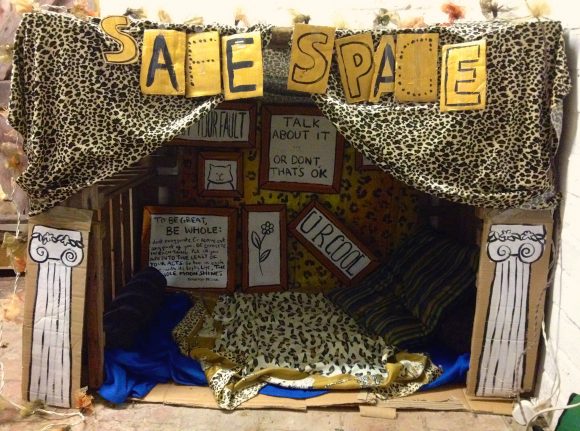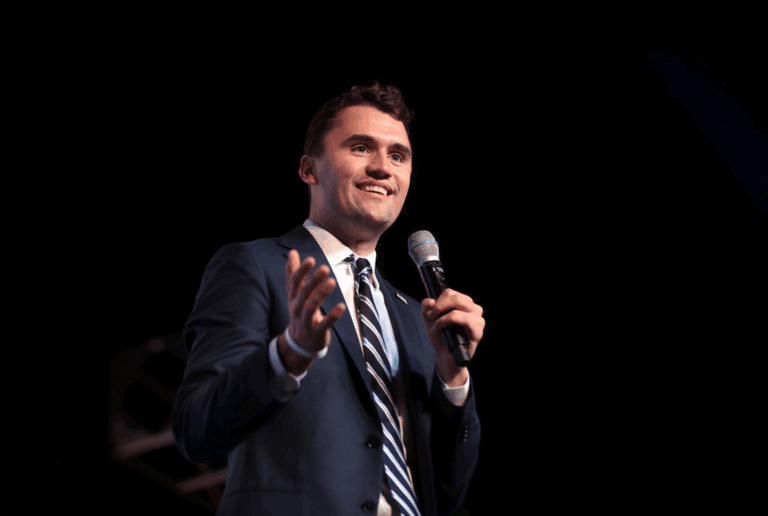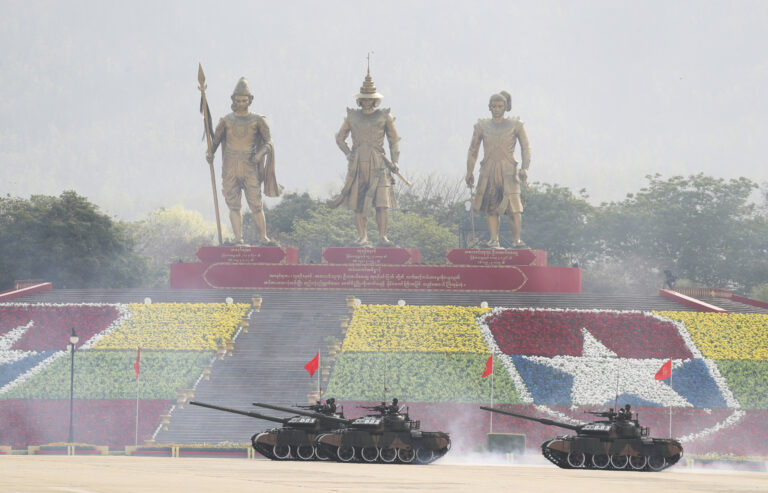Unsafe Space: The Crisis of Free Speech on Campus.
Edited by Tom Slater
134 pp: Palgrave MacMillan, 2016
Reviewed by Patrick Keeney
There are two threats to reason, the opinion that one knows the truth about the most important things and the opinion that there is no truth about them. – Allan Bloom
Tom Slater, deputy editor of the British libertarian web journal Spiked-online.com, has assembled a wide-ranging collection of essays documenting the erosion of free speech in universities in the United States and the United Kingdom. Slater and eight other contributors paint a bleak picture arising from a witches’ brew of identity politics, an intellectually enervating relativism, and a militant intolerance for opposing points of view.
In chapter after chapter, we hear of students and professors who shut down debate, suppressing all dissent with a fierceness that would make Torquemada proud. How did we arrive at such a state of affairs, where free speech and academic freedom – the university’s foundational intellectual virtues – have become so degraded?
The eminent scholar Edward Shils once defined the distinctive mission of the university as the “methodical discovery and teaching of truths about serious matters.” Yet the concept of truth as an epistemological category hardly exists in today’s academy. Various waves of radical relativists, post-modernists, feminists, and critical theorists have worked diligently to dispose of the notion that there is any truth, or, if there is, that we are capable of grasping it.
In recent years, the truth-deniers have allied on campus with various groups of social justice warriors who, ironically, imagine they have a monopoly on truth. Agitating in the name of identity politics, they seek to curtail freedom, and impose on the university a conformity of thought justified in their eyes by the righteousness of their cause. Advocates for social justice are diverse – and proud of it! – but they collectively subscribe to a militant fanaticism which brooks no dissent. Like true believers of all stripes, they are absolutists to the core.
We are thus witnessing something of a perfect storm in the academy: an enforced conformity in the name of social justice, along with a denial of empirical truth. This has brought about something new and hazardous to the educative mission of universities. Pascal’s view that “We know too much to be skeptics, and too little to be dogmatists” has been turned on its head: the message to students today is that they can be simultaneously skeptical of the truth and dogmatic in their beliefs.
One of the insights which emerges from this collection is how academics have been complicit in undermining academic freedoms. Joanna Williams of the University of Kent (and Spiked education editor) points out that the attempt by students to turn the university into an emotional and intellectual safe space represents the fruition of ideas they were originally taught by their professors. “Academics”, she writes, “have taught and legitimized the notion that words and images harm, that people should be protected from offence, and that restricting free speech is the best way to achieve that aim.” The current demand for safe spaces, trigger warnings, and speech codes of all types is nothing more than students “putting into practice the ideas of their lecturers.” And while universities have never lacked enemies in the wider society, “this attack on academic freedom came not from outside the university but from within, and not from the political right, but from the political left.” In other words, the revolution is devouring its own.

Brendan O’Neill, editor of Spiked and contributor to The Spectator among other publications, argues that until very recent years, universities were liberal institutions, guided by the Enlightenment ideal of creating a society of morally autonomous, self-directing individuals. Kant famously sums up the Enlightenment orientation to knowledge in three words: “Dare to know,” which requires from students a certain mental robustness. But such intellectual rigour, O’Neill writes, has been replaced by “the sanctification of fragility.” Ideas, literature and art which challenge students’ presuppositions and biases are now treated as “inherently harmful.” Instead of providing students with the intellectual tools, disciplined modes of enquiry, and mental attitudes necessary for agency and self-direction, universities have created “vast new industries of Guardians, who are determined to protect [students] from harmful speech, hurtful people, interpersonal relationships, and life in general.” The university’s mandate now includes protecting the emotional well-being of students. In short, universities have adopted a therapeutic model of education. For O’Neill, “…we’re seeing the corrosion of Enlightenment values, of Western societies’ abandonment of the ideals of autonomy and subjectivity upon which university life, and democratic life, have been based in the modern period.”
New Yorker Nancy McDermott, another Spiked contributor, writes about the deleterious effects of feminism on free speech. She points out that if we accept the fragility of students, then exempting them from any potentially traumatic classes by issuing “trigger warnings make perfect sense. But they also make educating students very difficult.” Given that the criteria for issuing trigger warnings is merely the potential to cause discomfort or give offence, then it is difficult to conceive of any sort of meaningful curriculum which doesn’t contain such potential. At a minimum, such a highly politicized, parochial environment distorts the educative mission of the university.
Peter Wood, president of the American National Association of Scholars, which advocates for academic freedom, addresses climate change and the “Eco-orthodoxy on Campus.” He documents the toxic effects of climate activism, “which so eagerly embraces tactics of silence and exclusion.” He cites the case of Bjorn Lomborg, the Danish scholar who accepts that man-made climate change is real, but balks at the more extreme of the alarmist forecasts, arguing that such alarmism diverts attention and precious resources away from more manageable and immediate environmental problems. But for questioning the standard orthodoxies, Lomborg has become a heretic in what Wood calls “The Established Church of Climate Catastrophe.” He has been hounded and denounced with the same passion and venom that religious communities summon to shun apostates. For Wood, the climate change debate illustrates a transformation in Anglo-American societies, from an ethic of emotional continence and self-control, to an ethic of histrionic emotional display: “And the emotion that gets the greatest license in this shift is anger, which feels to the person expressing it empowering, righteous and authentic.”
University of Kent sociologist Frank Furedi zeros in on what society risks by restricting the freedom of professors and students. “Intellectual and scientific progress requires a culture that is disposed to open debate and the spirit of experimentation,” he writes. “The freedom to think, talk, teach and research fosters a climate that encourages the realization of the human potential.” As Furedi reminds us, the search for truth requires fearless individual risk-takers who will pursue it regardless of “wherever it may lead and whoever it might offend.” Any serious university must affirm academic freedom as a “non-negotiable value that underpins the genuine pursuit of intellectual and scientific clarity.”
In the concluding chapter, Tom Slater offers eight practical strategies for making universities “un-safe” spaces, all of which seek to return to the university the notion of open and free enquiry. Among his observations are that, “You come to university to debate and to learn, not to be told how to behave”, and “The debate is never over.”
Quite right. The debate truly is never over, provided only that we are permitted the freedom to engage in the debate. But for as long as we have had institutions dedicated to the pursuit of the truth, we have also had fanatics determined to shut down debate. Slater and his co-contributors are to be commended for reinvigorating a crucial debate about freedom on campus, one with consequences which extend far beyond the groves of academe. Taken together, these essays remind us what a university is for, and how critical it is to maintaining an open and truly liberal society.






